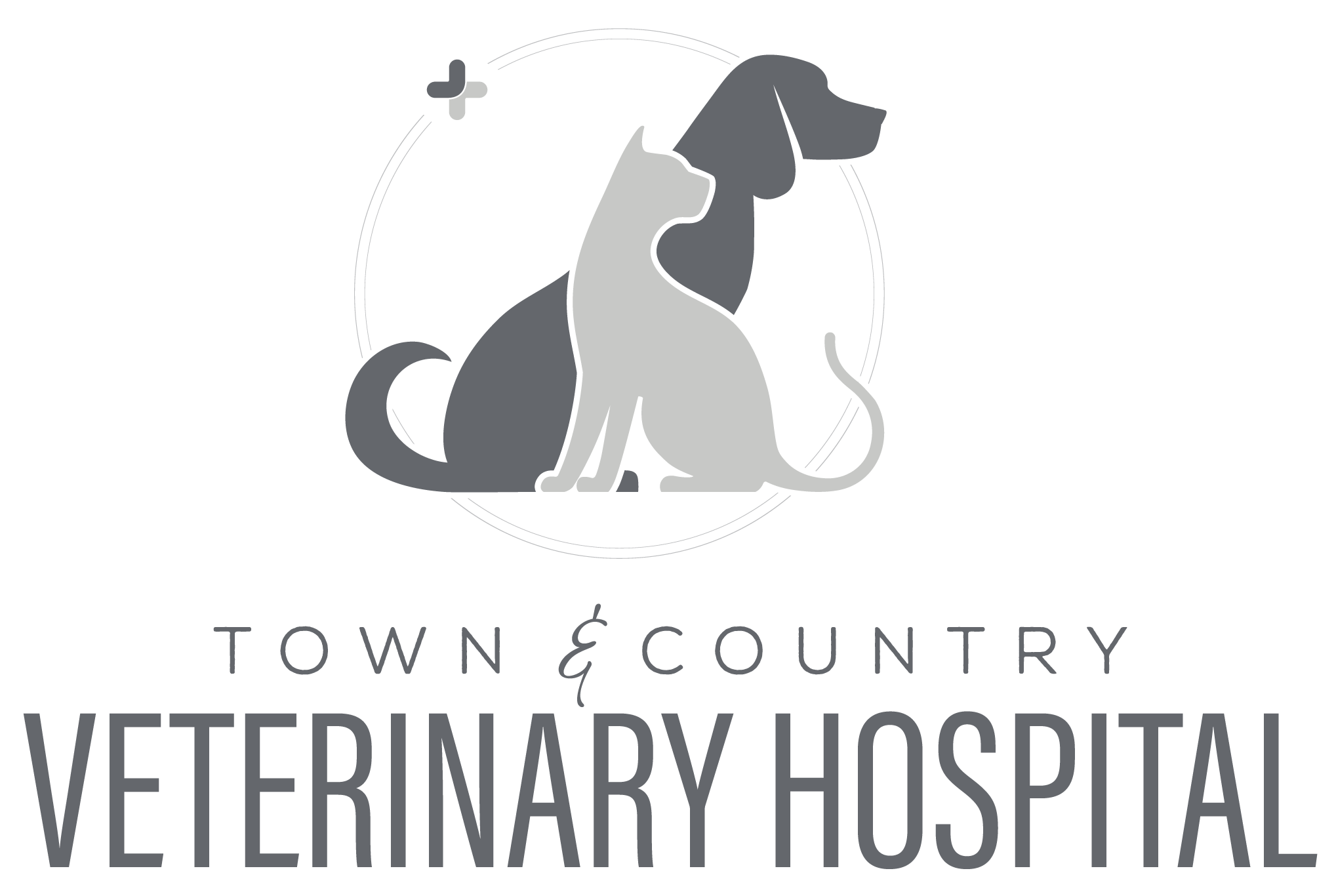In today’s market there is an overwhelming number of food options for your pet. How do you know what to feed? What ingredients are best? Should you feed grain free, holistic, natural, organic food? These are all great questions. Let us try to simplify it a little for you.
First, it is always best to check with your veterinarian. They will be able to point you in the right direction when it comes to the type of food that is best for your pet based on their caloric requirements and any specific medical needs. Here are some other tips for you to check out before you visit the store.
1. If you have a kitten or puppy, it needs to be on a diet specifically formulated for kittens or puppies. These young kiddos have much different nutrient requirements that an adult formula diet will not meet. You will also want to feed for your breed. If you have a large breed puppy, you will need a puppy diet that is designed for large breed dogs, etc.
2. Research the food company. You will want to choose a food that is manufactured by a company that employs a board certified veterinary nutritionist ensuring that your pet’s food has been formulated by someone that understands the nutritional needs of cats and dogs. You will also want to make sure that the company owns their own manufacturing plant. This enables the company to have control over the quality measures needed to make sure they provide the safest food for your pet.
3. What kind of research has been done on the diet and does the manufacture publish their results in peer-reviewed journals? You will want to choose a diet that has been proven complete and balanced based on feeding trial results or diet analysis of the finished product. This information should be printed on the bag, but feel free to call the company. They should be more than willing to give you this information. If they won’t, don’t buy the food.
4. Don’t buy the hype. Foods stating that they are “natural” or “organic” have become very popular. These descriptors do not actually represent the nutritional or safety benefits of the food.
5. Can’t I just home-cook meals for my pet? If home cooking a diet for your pet appeals to you, that is always an option. You will want to have a consultation with a board certified veterinary nutritionist to help you develop a complete and balanced food. Keep in mind that over time your pet’s nutritional needs will change so it is imperative that you are checking in with both your primary care veterinarian and the nutritionist to ensure that you are cooking what is best for your pet.

